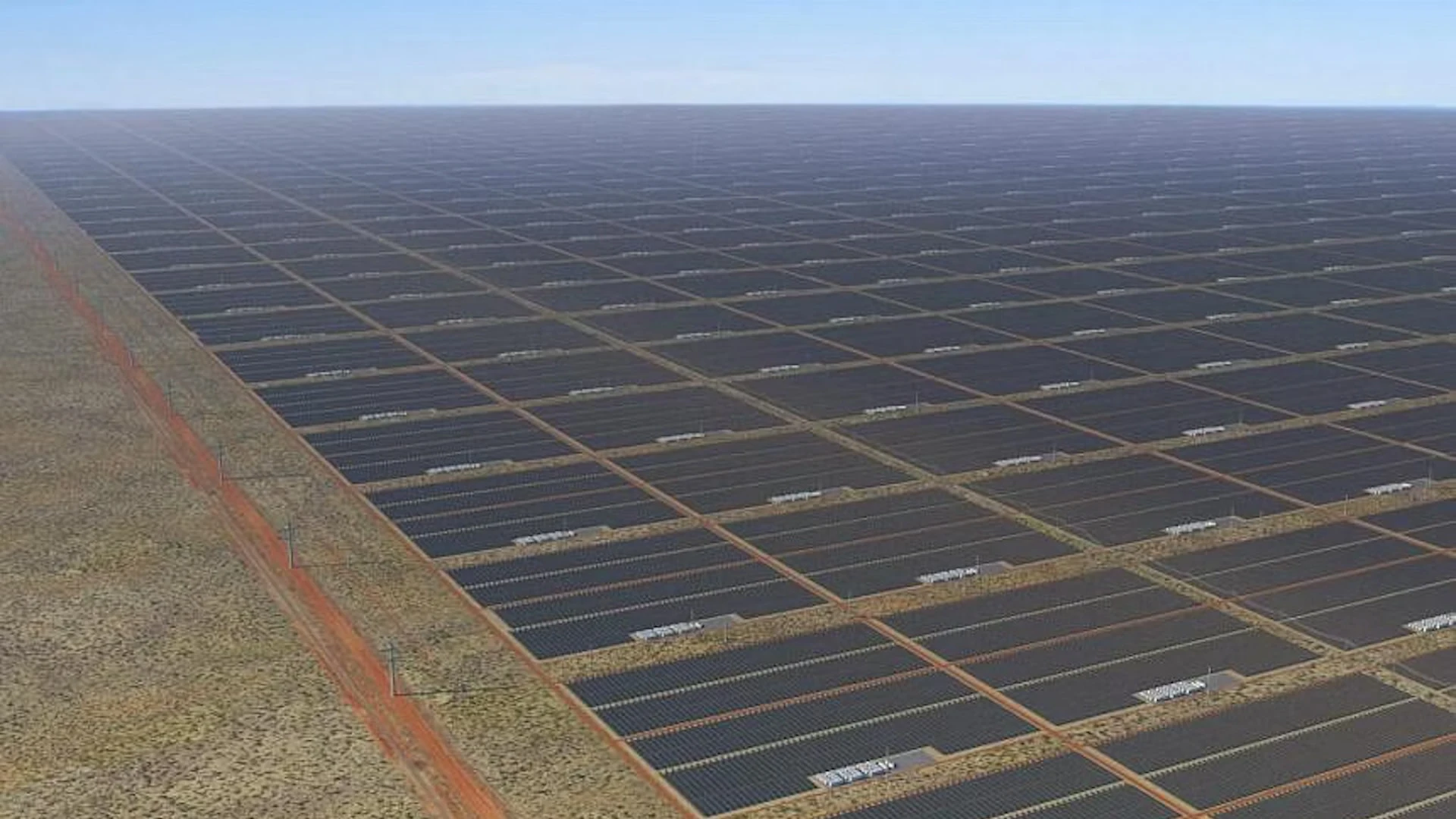The world is on the cusp of an energy transformation that could make the Industrial Revolution look minor. Mike Cannon-Brookes is banking on the Land Down Under to be a major driver of that change.
The billionaire co-founder of software giant Atlassian plans for Australia, where he grew up, to become the hub for the two biggest renewable-energy projects ever. According to Bloomberg, the SunCable project will build a 20-gigawatt solar farm and a 4,300-kilometer undersea transmission cable, called the Australia-Asia PowerLink.
But even he acknowledges this $21 billion undertaking by SunCable is a “completely bats*** insane project.” Still, it’s the first step in a 10-step outline to move clean energy to Asia from one of the sunniest places on Earth. This cable would run along the bed of the Indian Ocean and feed Singapore’s great demand for electricity.
Australia could produce 10,000 times more solar power than it consumes, as reported by Bloomberg, though it is a coal behemoth and exports more than any country besides Indonesia.
It will take governments, companies, the wealthy and powerful, and individuals to fully divest from such dirty energy sources, which are rapidly heating the planet and leading to more severe and frequent storms, wildfires, and other weather events.
Cannon-Brookes compared the energy transition to technology disruption, saying: “Everyone changed to a smartphone over a five-year period.”
“Averting catastrophic climate change will require a similar rapid societal shift, including changing how energy is generated and delivered,” Brian Kahn wrote. “In BloombergNEF’s net-zero scenario, solar will be the world’s largest source of clean energy by 2030. To get there will require building the equivalent of the world’s largest solar farm every few days by the end of the decade.”



I’d describe my feelings around the current solar boom as cautiously positive with a good sprinkle of skepticism.
I’d like to see billionaires investing in education towards self-regulating communities. I’d like to see them heavily investing in funding coops, not buying up startups. Billionaires investing in renewables means more money in billionaire’s pockets, because they will just sell the clean energy back to you for a profit while remaining the owners of everything and then some.
I’d carefully agree that more solar panels are good, but I’ve now lived through enough eco hypes to not have at least a few concerns. In the worst case we will now quickly and thoughtlessly plaster solar panels over hectares and hectares of useful farmland, important ecological reserves, and poor people’s homes, just because line go up. And probably trash them all in ten years when maintaining them proves too costly, or the next hype comes along. In the best case we actually start polluting less and use the time we buy to seek for more energy-saving ways of living in general.